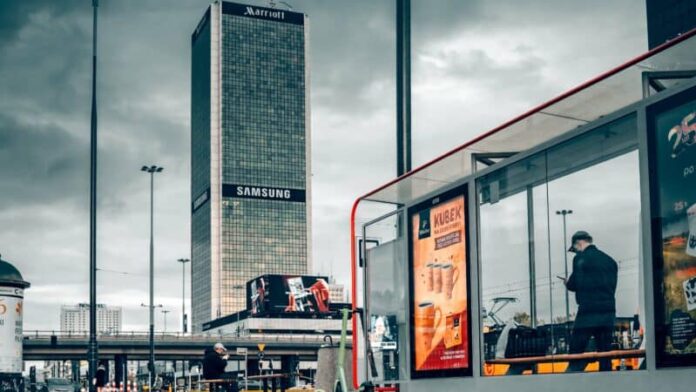The Covid-19 pandemic has “imprisoned” a massive number of people in their homes – introducing remote communication, work, and online shopping on a large scale. Over time, a hybrid nature of work has evolved, alternately carried out at home and in the office. There are opinions suggesting that this could be the beginning of significant transformations in the fields of work, housing, and shopping, and consequently to cause changes in the management and utilization of spaces provided to users by the real estate market.
In July 2023, a comprehensive report from the McKinsey Global Institute titled “Empty Spaces and Hybrid Places – the pandemic’s lasting impact on real estate” was published, examining and predicting the impact of changes in the structure of real estate markets in major metropolises caused by the effects of the pandemic on behaviors related to work, housing, and shopping, and their permanence. The report describes the following phenomena:
- Hybrid work has taken root in many segments of the labor market, resulting in a reduction of office space usage by about 30%;
- The side effects of hybrid work are significant – inhabitants, freed from daily office commutes, have started to move from office-saturated residential areas to the outskirts or to other cities where they can live in larger apartments with access to green areas;
- Less pedestrian traffic in stores in office-dense downtown areas of metropolises has led to a decrease in demand for retail space by about 10-20%;
- Depending on the scenario, forecast demand in 2030 for office and retail space in downtown, office-dense metropolitan areas ranges from 13-38% below pre-pandemic (2019) levels;
- Real estate market segments with an unfavorable outlook are located in metropolitan downtown areas with a high office density, expensive apartments/houses and large employers operating in the knowledge-based economy;
- Optimal adjustment to the above conditions requires proactive, hybrid actions towards neighborhoods and buildings. A crucial “survival” policy should be to seek diversity, adaptability, and flexibility. Office and retail vacancies can be alternatively planned. New buildings should be “hybrid” from the outset, with a neutral purpose, infrastructure, and technology that allow for quick and cheap changes in purpose or planning.
The McKinsey study was carried out in six countries (China, France, Germany, Japan, the UK, and the USA). Do structural changes in the real estate sector in metropolitan downtown areas with a high office density also apply to Polish metropolises now and will they apply in the near future?

















